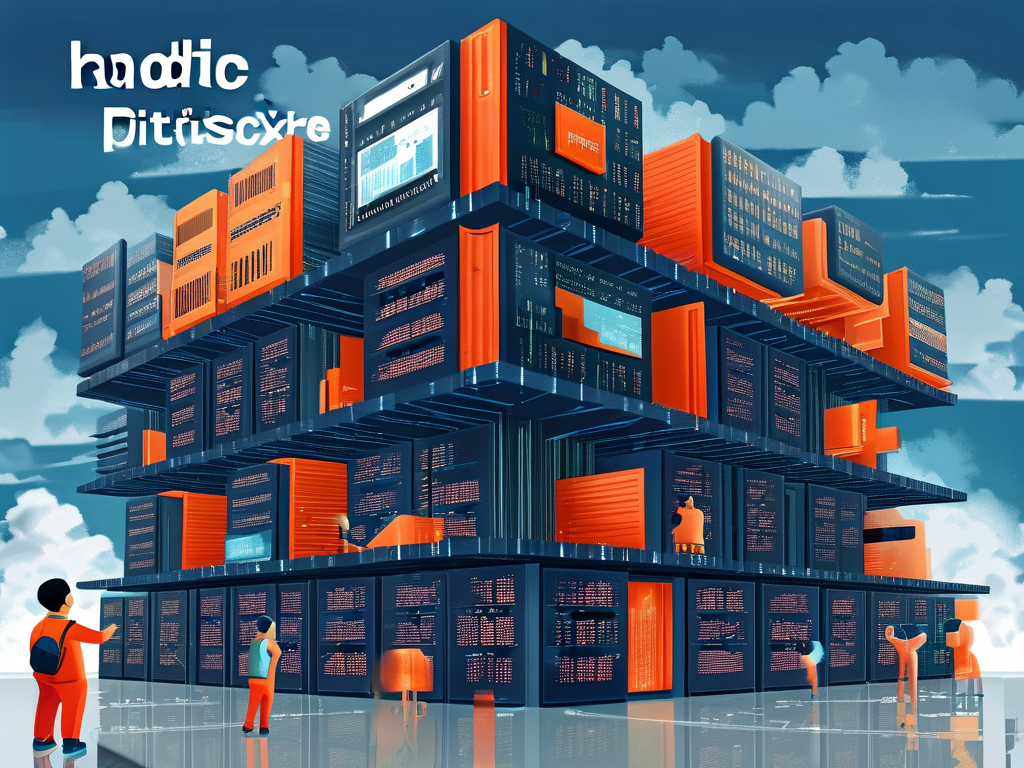Quantum information technology (QIT) has emerged as a transformative field, blending quantum mechanics, computer science, and engineering. For students and professionals diving into this discipline, selecting the right educational resources is critical. This article curates a list of authoritative books tailored to different expertise levels, ensuring readers gain both foundational knowledge and advanced insights.
Foundational Texts for Beginners
Starting with the basics, Quantum Computing for Computer Scientists by Noson S. Yanofsky and Mirco A. Mannucci offers an accessible entry point. Unlike traditional physics-heavy textbooks, this book bridges quantum theory with computational concepts, making it ideal for those with a background in computer science or mathematics. It explains qubits, entanglement, and quantum algorithms using intuitive analogies, avoiding excessive mathematical formalism.
Another standout is Quantum Mechanics: The Theoretical Minimum by Leonard Susskind and Art Friedman. While not exclusively focused on quantum computing, this book demystifies quantum principles through clear explanations and problem-solving exercises. Its conversational tone helps beginners grasp concepts like superposition and quantum states, which are essential for progressing to advanced QIT topics.

Intermediate-Level Resources
For readers ready to tackle more technical content, Quantum Computation and Quantum Information by Michael A. Nielsen and Isaac L. Chuang remains the gold standard. Often referred to as the "bible" of quantum computing, this textbook covers quantum circuits, error correction, and cryptography with rigor. Its blend of theory and practical examples makes it a staple in university courses and research labs.
Philip Kaye’s Principles of Quantum Information provides a concise yet thorough exploration of quantum communication and coding. The book emphasizes protocol design and security, catering to aspiring quantum network engineers. Its problem sets and simulation exercises encourage hands-on learning, reinforcing theoretical concepts.
Advanced Specialized Volumes
Researchers and graduate students will benefit from Quantum Information Theory by Mark M. Wilde. This comprehensive work delves into entropy, channel capacity, and quantum error correction, offering proofs and derivations suited for rigorous academic study. Wilde’s focus on information-theoretic frameworks equips readers to contribute to cutting-edge developments in quantum communications.
For those exploring quantum hardware, Superconducting Quantum Circuits by Jens Koch and Terri M. Yu provides an in-depth look at qubit design and fabrication. The book bridges theory and engineering, discussing materials, microwave control, and decoherence mitigation. Its case studies on real-world quantum processors are invaluable for experimental physicists and engineers.
Supplementary Learning Tools
Beyond textbooks, Lecture Notes on Quantum Algorithms by Andrew Childs serves as a compact reference for algorithm design. Available freely online, these notes condense complex topics like Shor’s and Grover’s algorithms into digestible sections, complemented by pseudocode snippets.
Practitioners seeking industry insights should explore Quantum Computing in Practice by Vladimir Silva. This book addresses real-world challenges, including scalability and error rates, while profiling startups and corporate projects shaping the QIT landscape. Its interviews with industry leaders add a pragmatic dimension to technical content.
Building a Personalized Study Plan
Selecting resources depends on one’s goals. Beginners should prioritize conceptual clarity, while advanced learners might focus on niche areas like post-quantum cryptography or topological qubits. Pairing textbooks with open-source tools (e.g., Qiskit or Cirq) enhances experiential learning. Additionally, following arXiv preprint updates ensures exposure to the latest breakthroughs.
In summary, mastering quantum information technology requires a strategic blend of theoretical study and practical engagement. The books highlighted here cater to diverse learning trajectories, empowering readers to navigate this rapidly evolving field with confidence.





